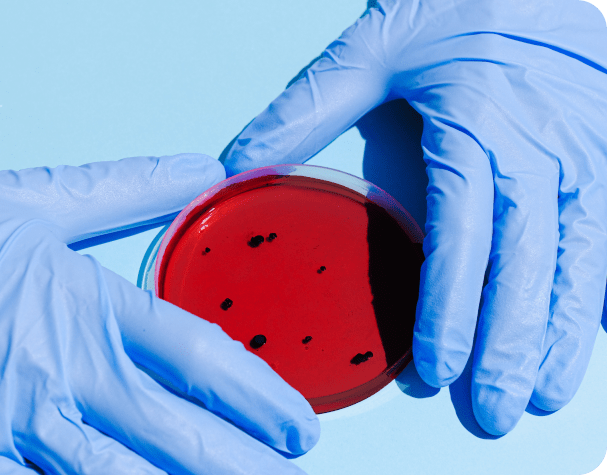This website uses cookies so that we can provide you with the best user experience possible. Cookie information is stored in your browser and performs functions such as recognising you when you return to our website and helping our team to understand which sections of the website you find most interesting and useful.
From strategy, implementation to maintenance, we offer a multi-disciplinary regulatory service to expedite your product development and to streamline regulatory process
Early-stage Clinical Development

Biotech in the US
CEO
Why we trust our expertise
Title reflecting the fact that VCLS has been an expert over the years in that area and lorem ipsum dolor sit amet
Title reflecting the fact that VCLS has been an expert over the years in that area and lorem ipsum dolor sit amet

Ex-agency experience with medical science knowledge
Powered by a team with extensive FDA, EMA and national Regulatory Agency experience, including former regulators, we advises life sciences companies to develop effective strategies to bring innovative technologies from early phase through to post-market compliance.

Global in-house multi-disciplinary expert team
We have a team of regulatory, nonclinical, clinical, market access around the world, collaborating internally and seamlessly to ensure all aspects of regulatory requirements are expertly managed.

Proven experience in innovative medicinal products
We have proven experience in navigating complex regulatory landscape for innovative medicinal products such as cell & gene therapeutic products, combination products, digital health products and microbiome-based products.

